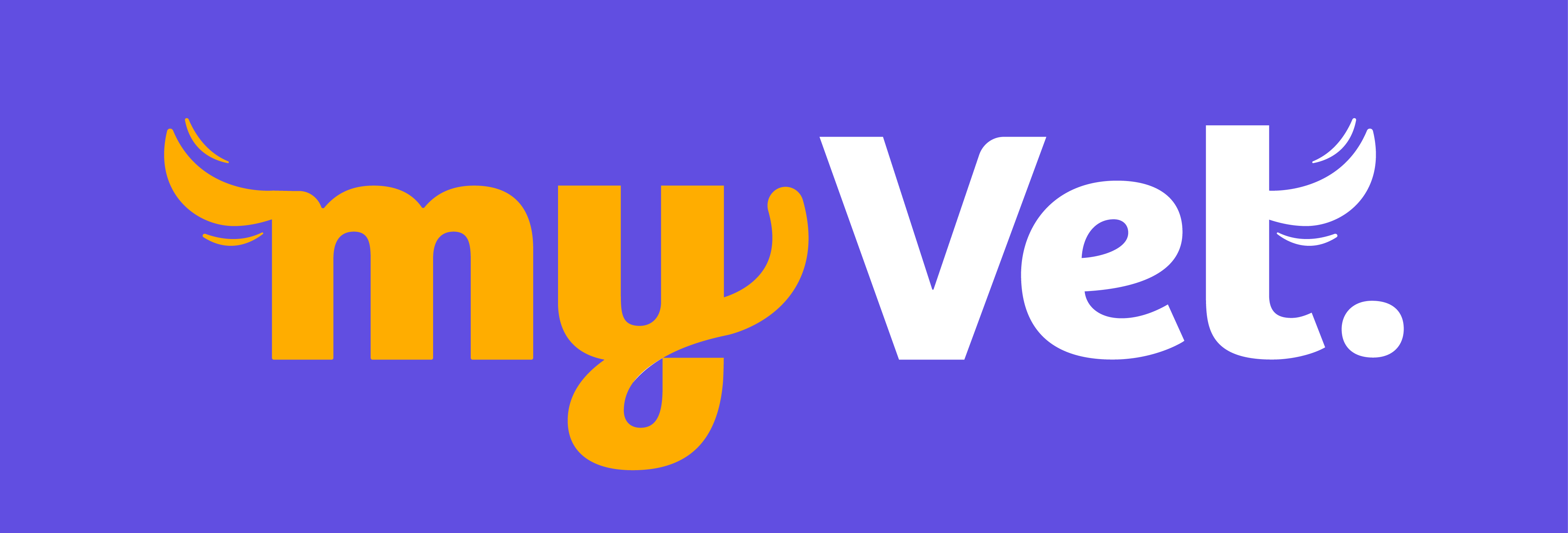Pet Surgery
We’re proud to offer pet surgery services here at My Vet Animal Hospital, learn more below. If you have any questions, please don’t hesitate to call us.
Surgeries we offer
We understand that surgery can be an extraordinarily scary time for both pets and their owners, which is why we are committed to making your pet as comfortable and relaxed as possible.
We offer a comprehensive array of surgical procedures. Utilising state-of-the-art equipment and highly trained surgeons. Our staff is dedicated in providing our patients with the finest care possible in an environment that is warm and relaxed.

Live updates about your Furbaby when they are in with us!
We know how stressful it can be waiting for that phone call from your vet all day and not knowing what is going on after you left your furbaby at the vet hospital in the morning. All My Vet Animal Hospital paw-parents receive live updates via our 2-way chat using our App! You get live updates including photos on how your furbaby is travelling and our surgical coordinator will update you on their recovery!

FAQ’s
Do I need an appointment prior to surgery?
Yes! It is important to discuss all possible concerns and treatment options before booking your furbaby in for a surgery. During your consultations, our dedicated vet will also discuss the procedure plan, cost, risks and recovery of your furbaby.
Can you process my insurance claim for me?
Of course we can! This is part of our complimentary service at no extra charge.
Do you process GapOnly insurance?
How can I prepare for my pet’s surgery?
For most general surgeries, you will be advised to stop any feeding of solid food by midnight the day before surgery. Water must be restricted in the morning of their surgery. All pets must have an empty stomach to be sedated for their surgery.
Our surgical coordinator will give you a call a day before surgery to go through what needs to be done specifically for your furbaby.
Will my pet need to come back to be rechecked?
Depending on the type of surgery that has been performed, your pet may or may not need to come back for a recheck. However, it is common for your pet to return for a 3 day post op check with one of our veterinary staff members. If stitches were placed, generally, sutures will need to be removed in 10-14 days.
Can my pet go back to normal activities post surgery?
It all depends on the type of surgery that your pet has underwent and how well they are healing. Generally, we do advise pet parents to restrict their furbabies activities in the first 10-14 days following a procedure.
Upon discharge of your pet’s procedure, our surgical nurse will go through the activity recommendation for your furbaby because every pet is unique!
What’s the difference between sedation and general anaesthesia?
When your pet receives a sedation, they usually receive a combination of drugs by injection to make them feel more relaxed and “sleepy.” Sedated animals are usually still aware of their surroundings and can often still walk around the surgery room. Sedation is usually indicated for simple and short procedures such as x-rays or bandage change.
If your pet is going to have a general anesthesia, your pet will be “put under” and will be unconscious while the drugs are being administered. An endotracheal tube is usually placed to help with their breathing and administering inhalation anaesthetic agent to keep them “under.” Pets will not remember what has happened while they are under general anaesthetic.
The main goal in having asedation or general anaesthesia plan for your pet is to ensure that we provide appropriate pain and stress relieve medication, which in turn, will help create a positive and relaxing experience for them.
Is general anaesthetic safe for my pet?
Every pet is different and unique. Our dedicated veterinarian will discuss all the associated risks for your furbaby.
As with any medical procedure, there is a small risk when an animal is given either an anaesthetic agent or sedative. This risk increases as your pet gets older or have concurrent illness(es).
How important is IV fluids during surgery?
How important is pre-surgical blood screening?
Pre-surgical blood screening helps us detect any hidden problem that could be life threatening. Unfortunately we are unable to see from the outside what the liver, kidney, and other organs look like. Furthermore, pre-surgical blood screening may even detect early illnesses that should be addressed.


